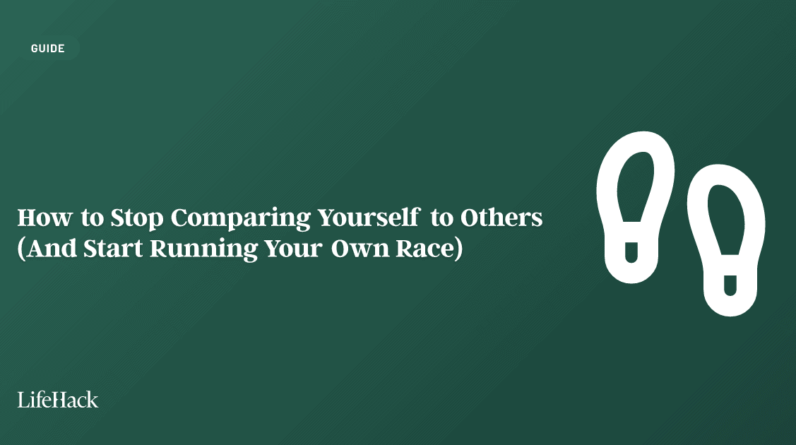
Relationships are so exciting, especially in the early stages when everything is new.
We are in a phase where we are learning about ourselves and our partners. We’re excited about what the relationship has in store for us, and in no way do we want to jinx that.
We’re willing to go the extra mile to make our partners happy and for them to continue seeing the good in us. Unfortunately, when we are too focused on making others happy, there are increased chances of us ending up in self-betrayal.
Self-betrayal is the act of going against one’s values, beliefs, or feelings, often to meet external expectations, avoid discomfort, or gain temporary relief.
It happens when you act in a way that conflicts with your authentic self, leading to feelings of guilt, shame, or inner conflict. Unfortunately, it is not always easy to spot the signs of self-betrayal. This article will explore some of the common signs.
5 Warning Signs of Self-Betrayal
1. Saying ‘it’s okay’ when it’s not.
When you pretend like everything is okay when it is not, you mainly do so to avoid having a conversation that might be uncomfortable or appear as confrontational.
You decide that it is better for you to accept a situation that you wouldn’t otherwise be happy with, rather than talk about it.
Moreover, we also do this when we think that expressing where we stand will result in us being viewed as difficult or a lot of work.
Unfortunately, over time, those around us start to think that we’re okay with things that we’re not okay with. They continue repeating the patterns, and every time they do so, we resent them more.
2. Ignoring the facts.
I am sure we all know of someone who has been in an unpleasant situation, but they refuse to accept it.
From a factual perspective, the relationship is doing them more harm than good. But in their heads, they have created an ideal fantasy of how they want things to be.
They ignore what is on the ground and focus on the potential of the relationship. In so doing, they remain in an unhappy situation because they see the good that is not actually manifesting.
Sometimes, we have to come back to reality and be factual.
3. Changing yourself to meet your partner’s expectations.
When you have to change who you are simply because it is your partner’s preference, you are likely giving them too much power over you.
We all have different styles and do things in a manner that makes us happy, comfortable and secure. No one has to go out of their way to make drastic changes to how they look or perfect their ‘flaws’ solely for someone.
Before you make changes, ask yourself if these changes are for you or for someone else.
Changing yourself for someone will leave you feeling unhappy and insecure. There is also a chance that you will end up in a downward spiral where you keep finding things that you think you should change about yourself.
4. Ignoring self-care.
You can’t pour from an empty cup.
Taking care of yourself should come first before you take care of others. When experiencing self-betrayal, we ignore our needs and forget to take care of ourselves.
We focus on caring for others around us and availing ourselves of our best qualities for them. In so doing, we forget that in order for us to be able to effectively care for our loved ones, we need to take care of ourselves first.
5. Being emotionally dependent.
Being happy when you’re with your partner or being excited to see them is normal and acceptable when you’re with someone you love. However, having your partner as your only source of happiness is dependency.
When you start labelling them as ‘the only thing that makes you happy,’ it becomes a problem. It means without them, you can’t be happy, and that is no way to live.
In addition, that also gives them a lot of power and control over you as they are the determining factor of how you feel overall. Relationships should only be complementary, and you should be able to pursue other things that you enjoy and derive happiness from other sources.
Happiness Should Come From Within
Self-betrayal is not uncommon, especially when one has an insecure attachment style.
There is a fine line between compromising and betraying yourself. Your values, beliefs and well-being are important. They are building blocks that shape you.
They work as a solid foundation that keeps you grounded.
Constant self-betrayal for the purpose of making your relationship move forward and be a ‘good partner’ will likely end up mentally exhausted, and coming back from that will be a process that requires more work, time and support.
True happiness should come from within. That happiness cannot be taken away from you by anyone. You don’t have to go out of your way for people to like or choose you.
No one deserves to be a slave to other people’s preferences. Finding inner happiness is not always easy, but you can surely be happy on your own.
Photo by Dương Nhân







